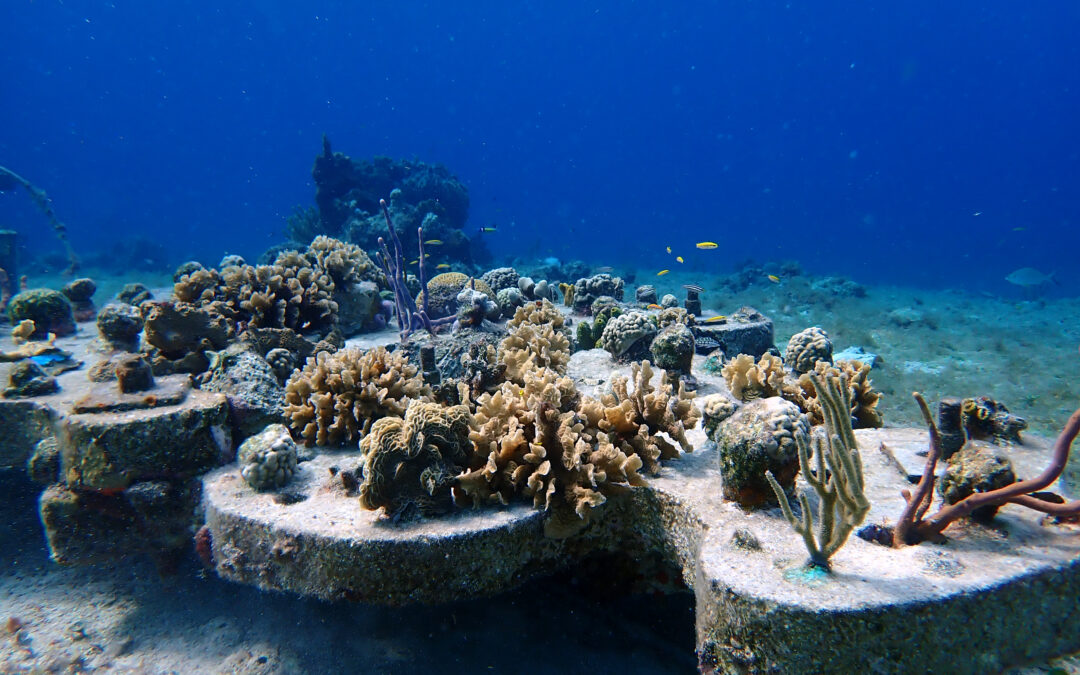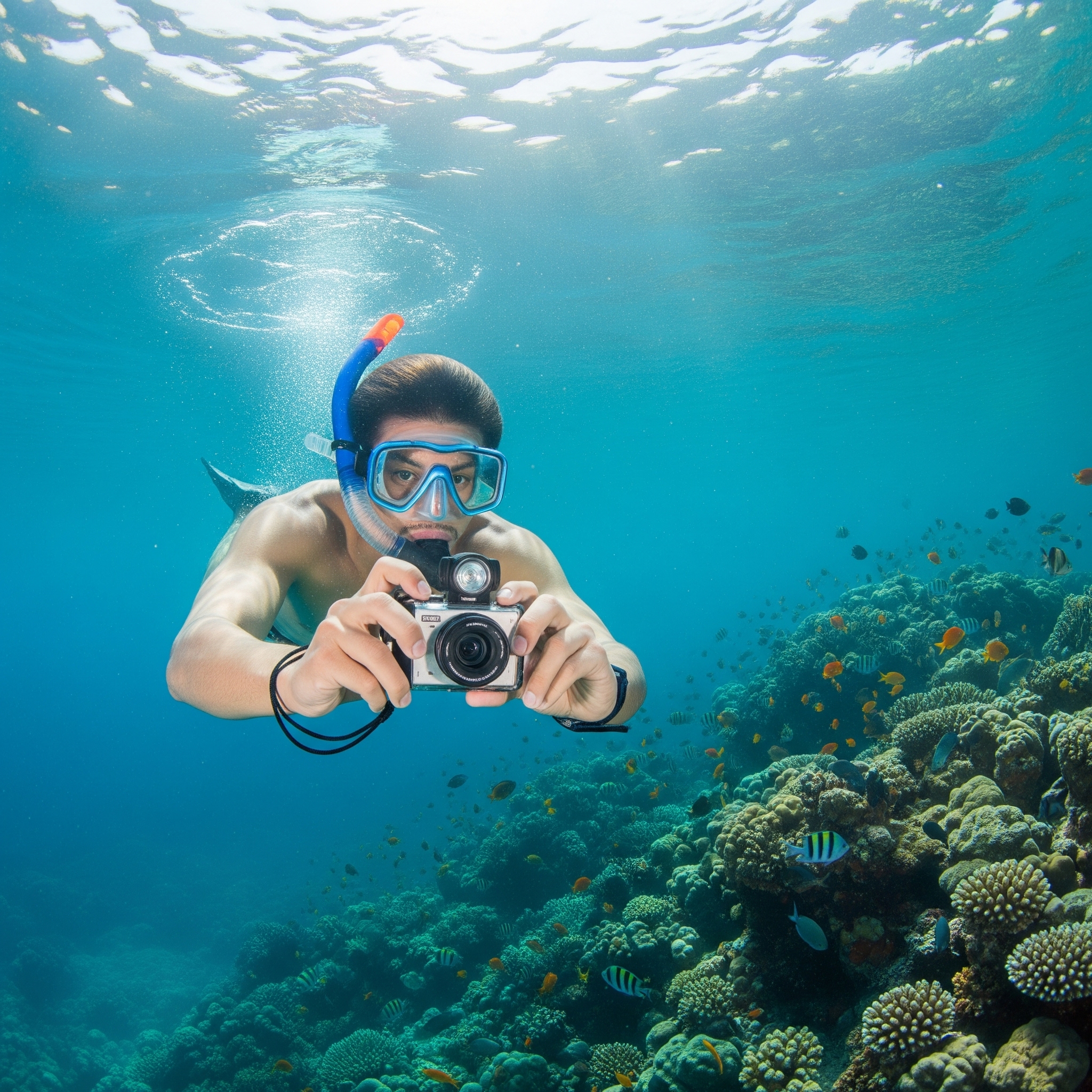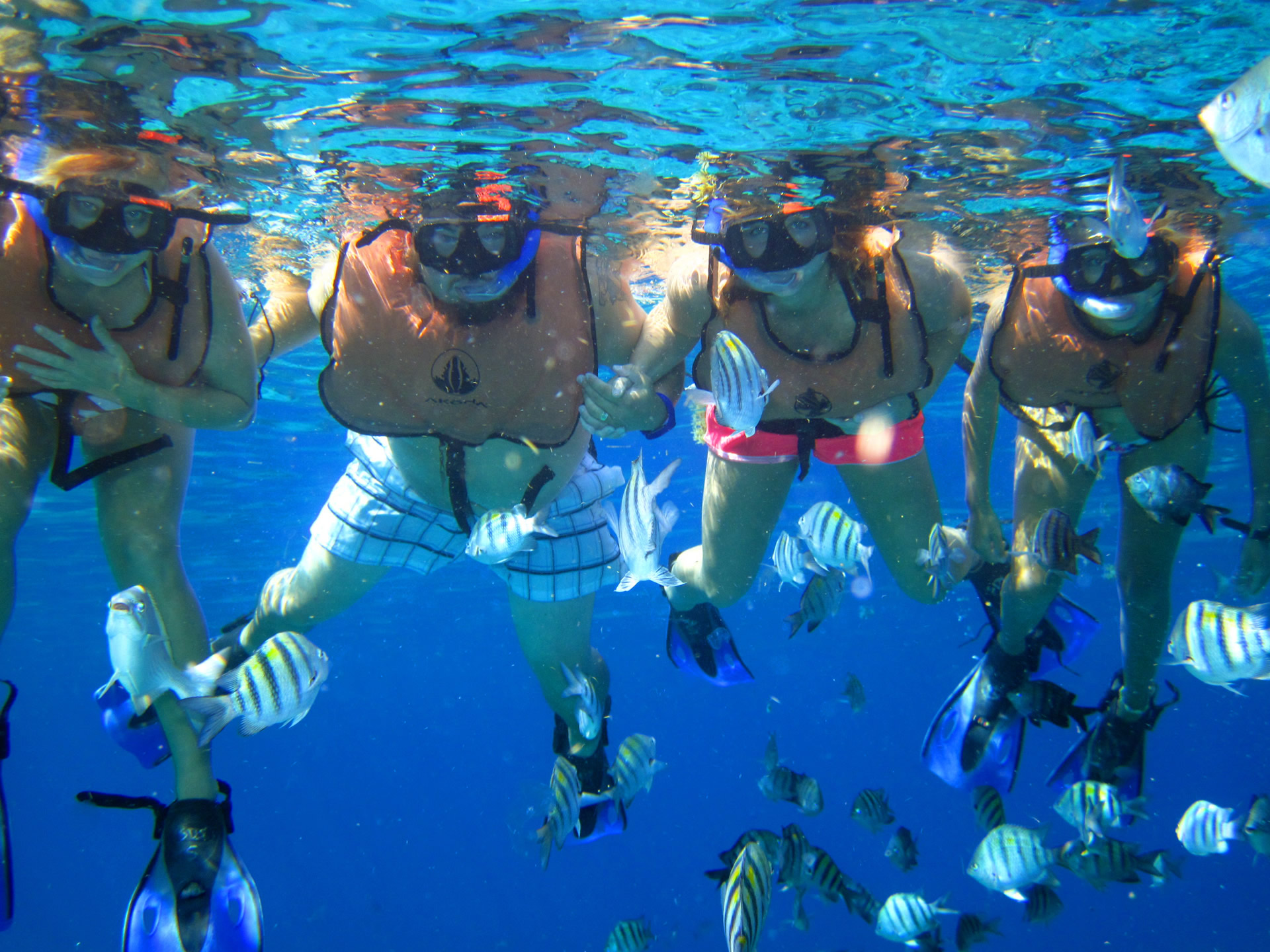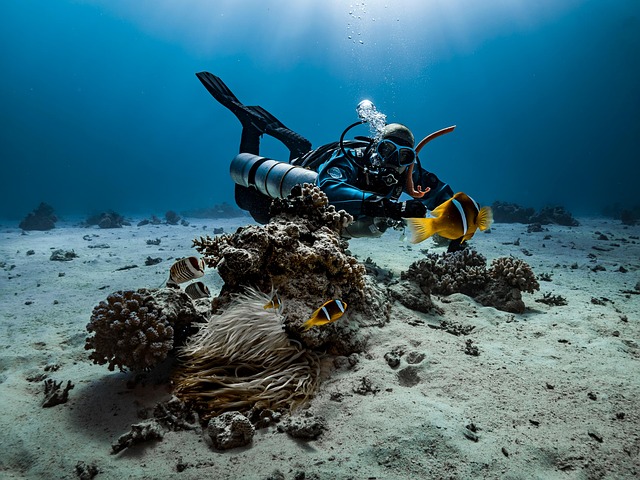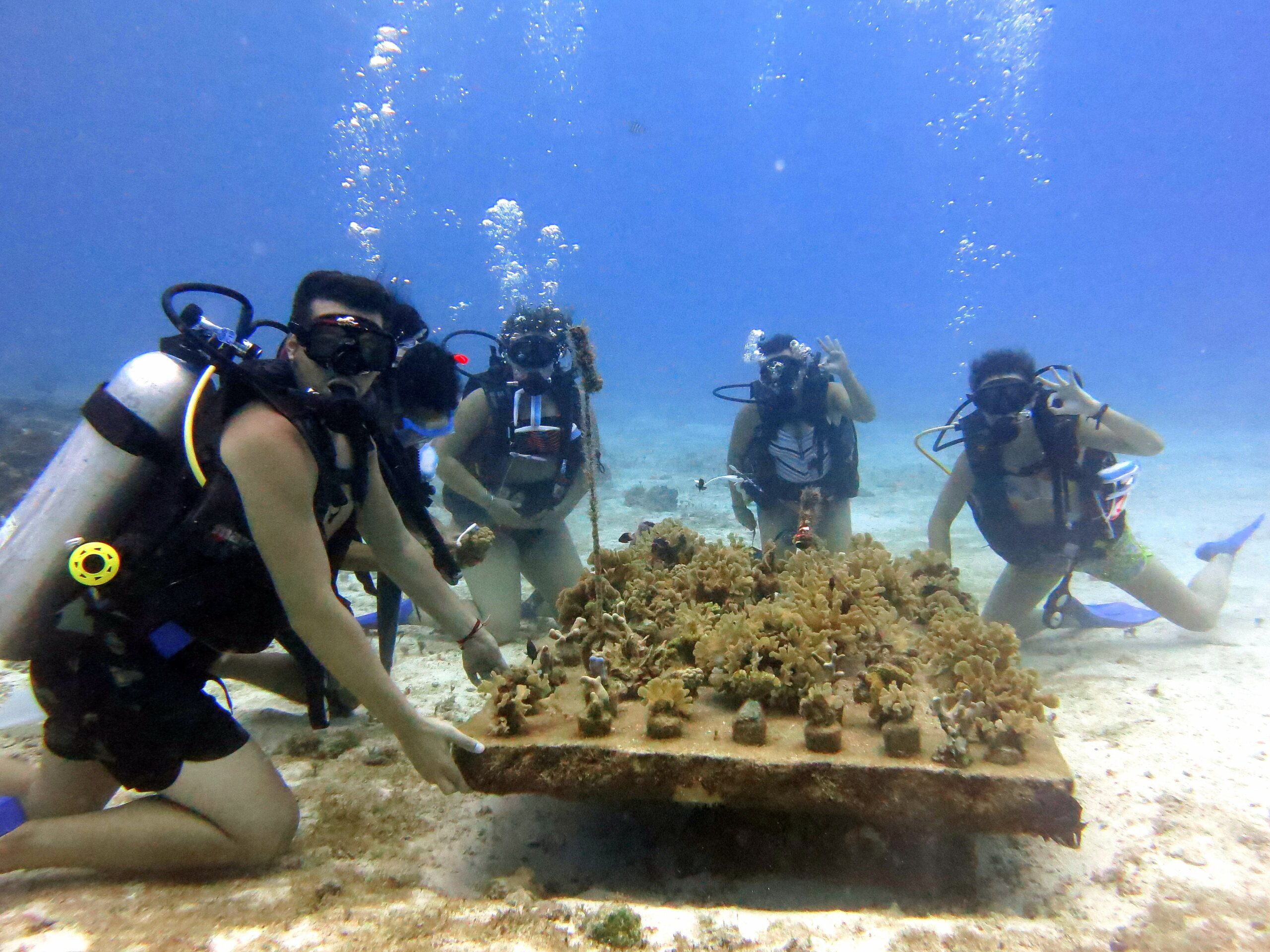Snorkeling offers an unparalleled glimpse into the vibrant world beneath the waves. However, our interactions with marine environments can have lasting impacts. By adopting eco-friendly practices, we can ensure that these underwater treasures remain pristine for generations to come.
What Is Eco-Friendly Snorkeling?
Eco-friendly snorkeling is the practice of exploring underwater ecosystems in a way that minimizes environmental impact.
This approach emphasizes non-invasive observation, marine conservation, and responsible gear usage.
- Respect marine wildlife—no touching or chasing.
- Avoid stepping on or brushing against coral reefs.
- Use only reef-safe sunscreens and minimize chemical runoff.
Why Eco-Conscious Practices Matter
Coral reefs are biodiversity hotspots, home to 25% of all marine species. Yet they are highly susceptible to climate change,
pollution, and careless tourism. Eco-friendly snorkeling helps preserve these natural wonders for generations to come.
Core Benefits:
- Supports marine biodiversity and ecosystem resilience.
- Reduces human-induced coral bleaching and habitat destruction.
- Promotes global environmental awareness and stewardship.
Discover sustainable practices that help protect our oceans while enjoying the wonders of marine life.
🌿 1. Choose Reef-Safe Sunscreens
Traditional sunscreens often contain chemicals like oxybenzone and octinoxate, which have been linked to coral bleaching and other harmful effects on marine life . Opt for mineral-based sunscreens containing non-nano zinc oxide or titanium dioxide. These ingredients physically block UV rays without introducing harmful substances into the ocean.
Tips:
-
Apply sunscreen at least 15 minutes before entering the water to allow it to absorb properly.
-
Consider wearing UV-protective clothing, such as rash guards, to reduce the need for sunscreen.
-
Avoid aerosol sprays, which can disperse sunscreen particles into the sand and water.
2. Respect Marine Life: Look, Don’t Touch
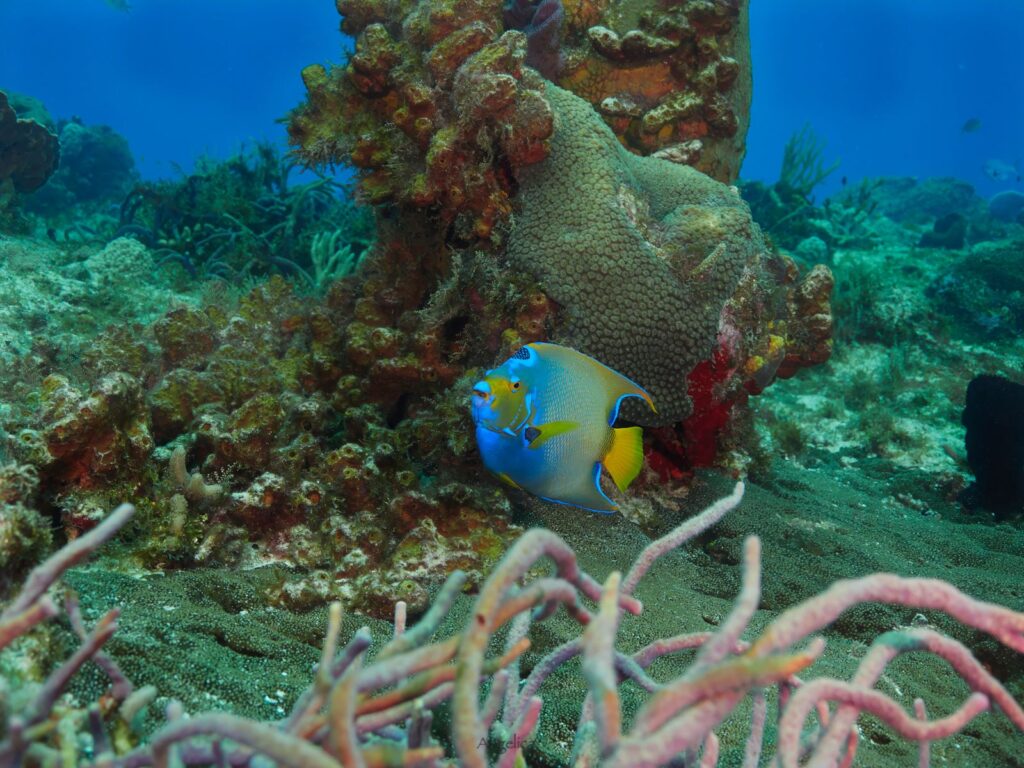
Interacting with marine creatures can disrupt their natural behaviors and stress delicate ecosystems. Touching corals can damage their fragile structures, and some marine animals may become aggressive or stressed when approached.
Maintaining Safe Distance
- Stay 3–4 feet away from marine animals.
- Use zoom lenses to photograph wildlife without intruding.
- Never feed or provoke marine animals.
Avoiding Coral Reef Contact
Corals are living organisms. Even a brief touch can cause damage. Do not stand or lean on them.
Stabilize yourself using rocks or sandy areas only.
3. Leave No Trace
Every item removed from the ocean, even seemingly insignificant ones like shells or rocks, plays a role in the marine ecosystem. Similarly, litter can pose significant threats to marine life.
Guidelines:
-
Refrain from collecting souvenirs from the sea.
-
Properly dispose of all trash, and consider picking up any litter you encounter.
-
Use reusable water bottles and containers to minimize waste.
4. Support Local Conservation Efforts
Engaging with local conservation initiatives can amplify your positive impact on marine environments. Many organizations offer opportunities for tourists to participate in activities that support ocean health.
Ways to Get Involved:
-
Join beach clean-up events or coral restoration projects.
-
Donate to or volunteer with marine conservation organizations.
-
Choose tour operators that actively support environmental sustainability.ecobnb.com+2Volunteer World+2SSI Scuba Diver+2ecobnb.com
🚫 5. Avoid Feeding Marine Animals
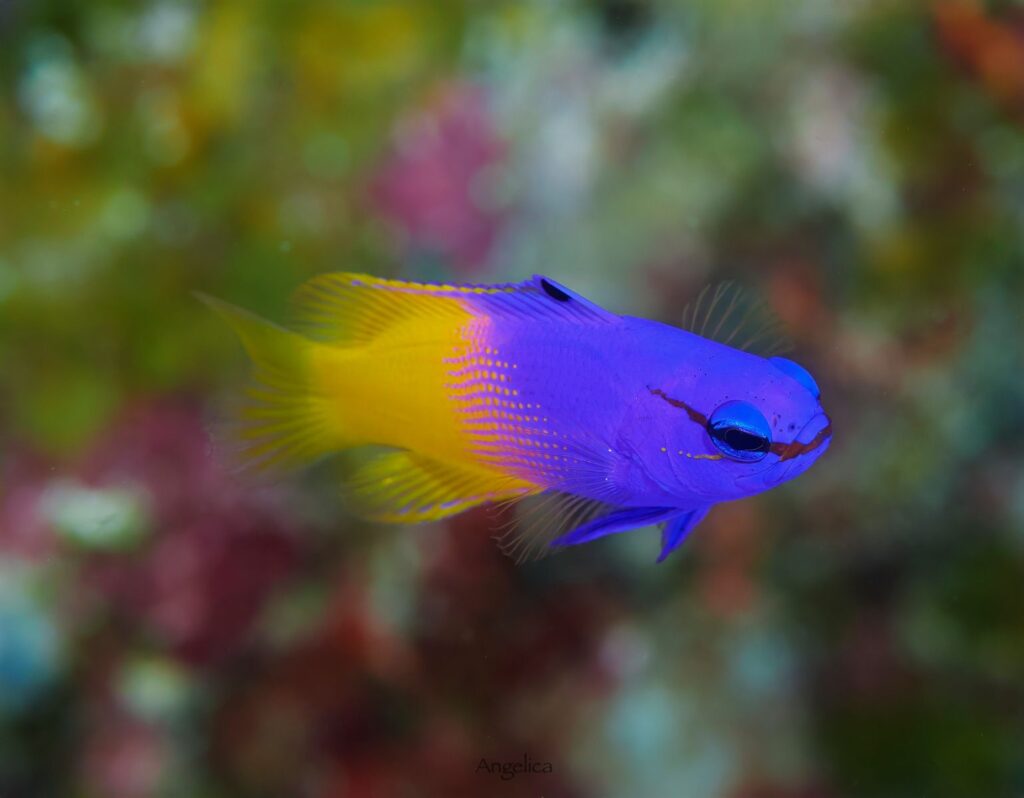
Feeding fish and other marine creatures can alter their natural feeding behaviors and make them reliant on human-provided food. This can lead to health issues and disrupt the ecological balance.
Recommendations:
-
Observe marine life without attempting to feed them.
-
Educate others about the importance of allowing wildlife to forage naturally.
-
Report any tour operators that encourage feeding marine animals.
6. Use Sustainable Snorkeling Gear
The equipment you use can also impact the environment. Opt for gear made from sustainable materials and ensure it is well-maintained to prevent accidental damage to marine habitats.
Eco-Friendly Snorkel Masks
- Choose masks made from biodegradable silicone or recycled plastics.
- Prefer brands using non-toxic dyes and compostable packaging.
- Extend gear lifespan through regular maintenance and care.
Biodegradable & Reef-Safe Sunscreen
Avoid products containing oxybenzone or octinoxate—both linked to coral reef damage.
Choose mineral-based sunscreens with non-nano zinc oxide or titanium dioxide.
- Check for certifications like “Reef-Safe” or “Eco-Cert.”
- Apply 15 minutes before swimming to reduce runoff.
- Wear UPF-rated rash guards to reduce sunscreen usage.
🐠 Respecting Marine Life
Passive observation helps reduce ecological stress on marine species. Avoid physical contact and minimize disruption to their natural behaviors.

